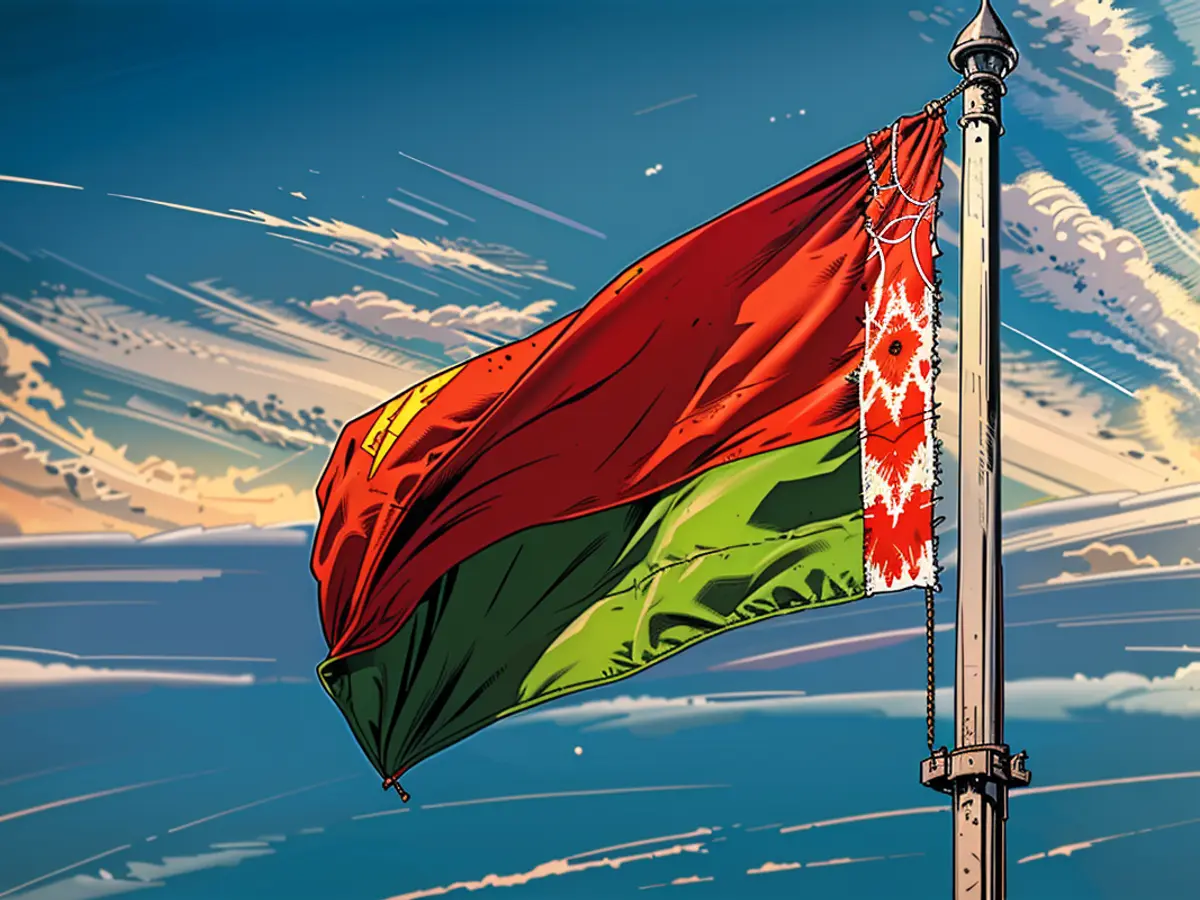Human rights activists: Unacceptable conditions for pardons in Belarus
Leading Belarusian human rights organization Viasna criticized the conditions announced by ruler Alexander Lukashenko for the release of political prisoners. To be released from prison, the affected individuals were required to publicly admit their guilt and show remorse, according to Viasna. However, some well-known Belarusian opposition figures refused to do so despite the harsh prison conditions, said Pavel Sapelka of Viasna. They were not aware of any wrongdoing.
Lukashenko had promised the previous week to release sick and other prisoners who had been imprisoned in connection with mass protests nearly four years ago. So far, 18 people have been released, including the ailing opposition party leader Ryhor Kastusyou. Some were freed as part of an amnesty, while others were pardoned. The latter had to make a written confession of guilt.
According to Viasna, there are over 1400 political prisoners in Belarus, including Nobel Peace Prize laureate Ales Byalyatski. Over 200 of these prisoners are seriously ill and require medical assistance. The empty cells of those who had been released were already filled with new political prisoners, said Sapelka. This information could not be independently verified.
Lukashenko has suppressed opposition and independent media since taking office in 1994. Since the mass protests following the presidential election in 2020, he has intensified his crackdown. The election result, which gave Lukashenko a sixth term in office, was questioned by the opposition and Western states. Many opposition representatives had to flee into exile, including former presidential candidate Svetlana Tikhanovskaya.
- Despite the unacceptable prison conditions and the requirement to publicly admit guilt, some Belarusian human rights activists refuse to contrite, maintaining their innocence.
- The Belarusian government, headed by Lukashenko, has pardoned some political prisoners, but they were forced to make a written confession of guilt as part of the process.
- The human rights situation in Belarus remains dire, with over 1400 political prisoners incarcerated under unacceptable conditions, including Nobel Peace Prize laureate Ales Byalyatski and over 200 seriously ill individuals, and new prisoners being continuously added to the prisons, as reported by Pavel Sapelka, a human rights activist.








